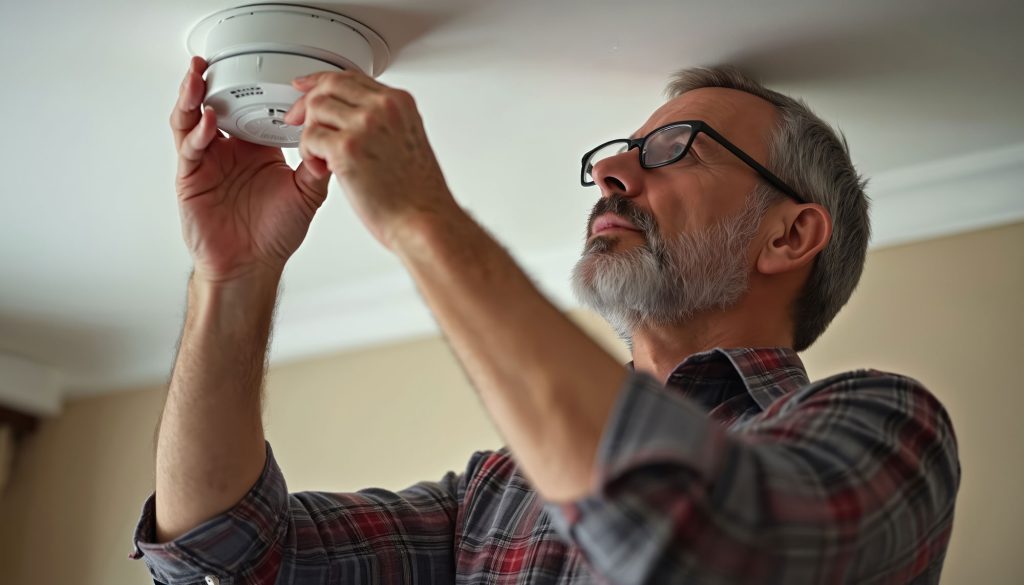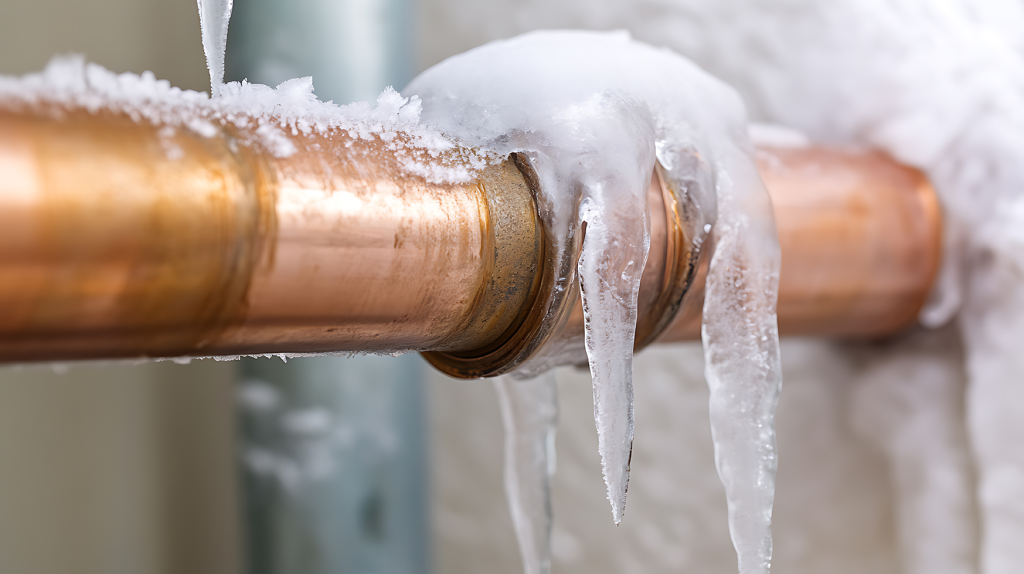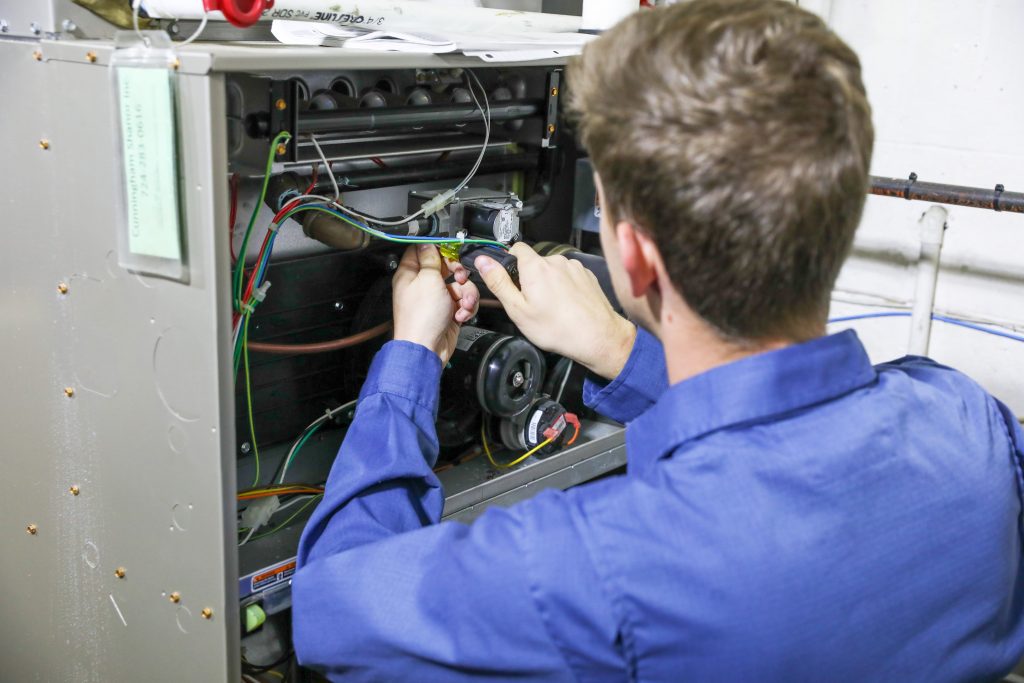Living in Pennsylvania means experiencing the full spectrum of weather—icy winters and sticky, humid summers. This unique climate can wreak havoc on your HVAC system. But understanding how the local weather affects your heating, ventilation, and air conditioning can save you time, money, and stress. In this guide, we break down the challenges posed by Pennsylvania’s climate and offer tips to keep your HVAC system running smoothly all year long.
Pennsylvania’s Weather At a Glance
Knowing the specifics of Pennsylvania’s climate is more than just a topic for small talk. It directly impacts how you should manage and maintain your HVAC system.
Pennsylvania winters are known for their biting cold. Average temperatures often dip below freezing, especially in January and February. Snowfall is common, and the chill can last well into March. This cold weather forces your heating system to work overtime, putting it under significant strain.
In stark contrast, Pennsylvania summers are hot and humid. Average temperatures in July can soar into the 80s and 90s. The high humidity makes everything feel even hotter and can make air conditioning units work much harder than usual. This seasonal shift from freezing cold to sweltering heat can be tough on HVAC systems.
The Impact of Cold Winters on HVAC Systems
Pennsylvania’s freezing winters can test the durability and efficiency of your HVAC system. Understanding how cold weather impacts it is crucial for ensuring it performs optimally throughout the season. In this section, we will explore the specific challenges posed by winter temperatures.
- Strain on Heating Components: When temperatures plummet, your heating system has to work continuously to keep your home warm. This constant demand can wear out components like the heat exchanger, blower motor, and ignition system. Over time, this strain reduces the efficiency of your unit and increases the likelihood of a breakdown.
- Increased Energy Consumption: Running your heater non-stop during the winter months can lead to skyrocketing energy bills. Older or poorly maintained units are less efficient, consuming more energy to produce the same amount of heat. This not only hits your wallet but also impacts the environment.
- Potential for Frozen Pipes: Another risk during Pennsylvania winters is the potential for frozen pipes. If your home isn’t adequately heated, water pipes can freeze and burst, causing extensive damage. Your HVAC system plays a critical role in preventing this by maintaining a consistent indoor temperature.
The Impact of Humid Summers on HVAC Systems
As winter changes to summer in Pennsylvania, the heat and humidity can put more strain on your HVAC system. High temperatures combined with elevated humidity creates a challenging environment for air conditioning units, which must work tirelessly to maintain a comfortable indoor climate. Below we cover specific challenges posed by humid summers.
- Overworking the Air Conditioner: Summer heat and humidity force your air conditioner to work overtime. The unit has to remove moisture from the air in addition to cooling it, which can strain components like the compressor and evaporator coil. Over time, this can lead to reduced efficiency and system failures.
- Mold and Mildew Growth: High humidity levels can also create an ideal environment for mold and mildew to grow within your HVAC system. This not only affects the performance of the unit but can also pose health risks to you and your family.
- Increased Wear and Tear: The constant switching between heating and cooling seasons leads to increased wear and tear on your HVAC system. Components are constantly being used, leading to faster degradation. Without proper care, this can shorten the lifespan of your system.
Importance of Regular Maintenance
If your HVAC system starts making strange noises or emitting unusual smells, it’s a clear indication that there are underlying issues that require immediate attention from a professional. These signs could point to various problems such as mechanical failures or electrical issues that need expert diagnosis and repair.
Similarly, if you notice significant temperature differences between rooms in your home, it suggests that your HVAC system may not be operating efficiently. A professional inspection can identify the root cause of this uneven heating or cooling and recommend the necessary repairs or adjustments to restore balanced comfort throughout your living space.
Lastly, an unexplained increase in your energy bill is often a strong indicator of inefficiencies within your HVAC system. A professional inspection can pinpoint where energy is being wasted, whether due to poor insulation, duct leaks, or inefficient equipment operation.
Let Shafer’s Keep you Comfortable!
Pennsylvania’s unique climate presents challenges for homeowners, but with the right knowledge and proactive maintenance, your HVAC system can handle anything Mother Nature throws its way. Regular inspections, filter changes, and professional tune-ups are key to ensuring your system’s longevity and efficiency.
Don’t wait until the next extreme weather hits. Take action now to protect your home and your comfort. Schedule an HVAC inspection or maintenance service with Shafer’s today and experience the peace of mind that comes with a well-maintained system.








